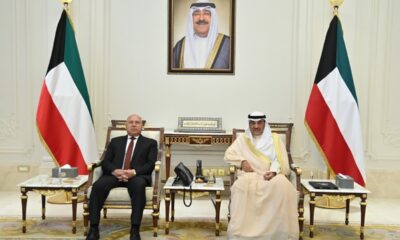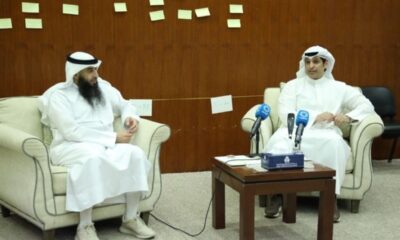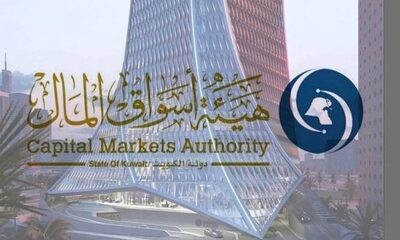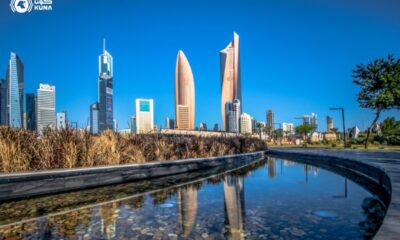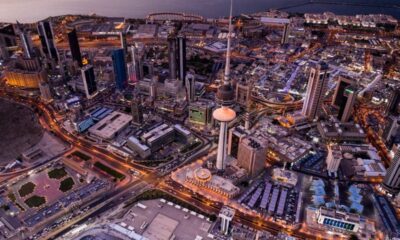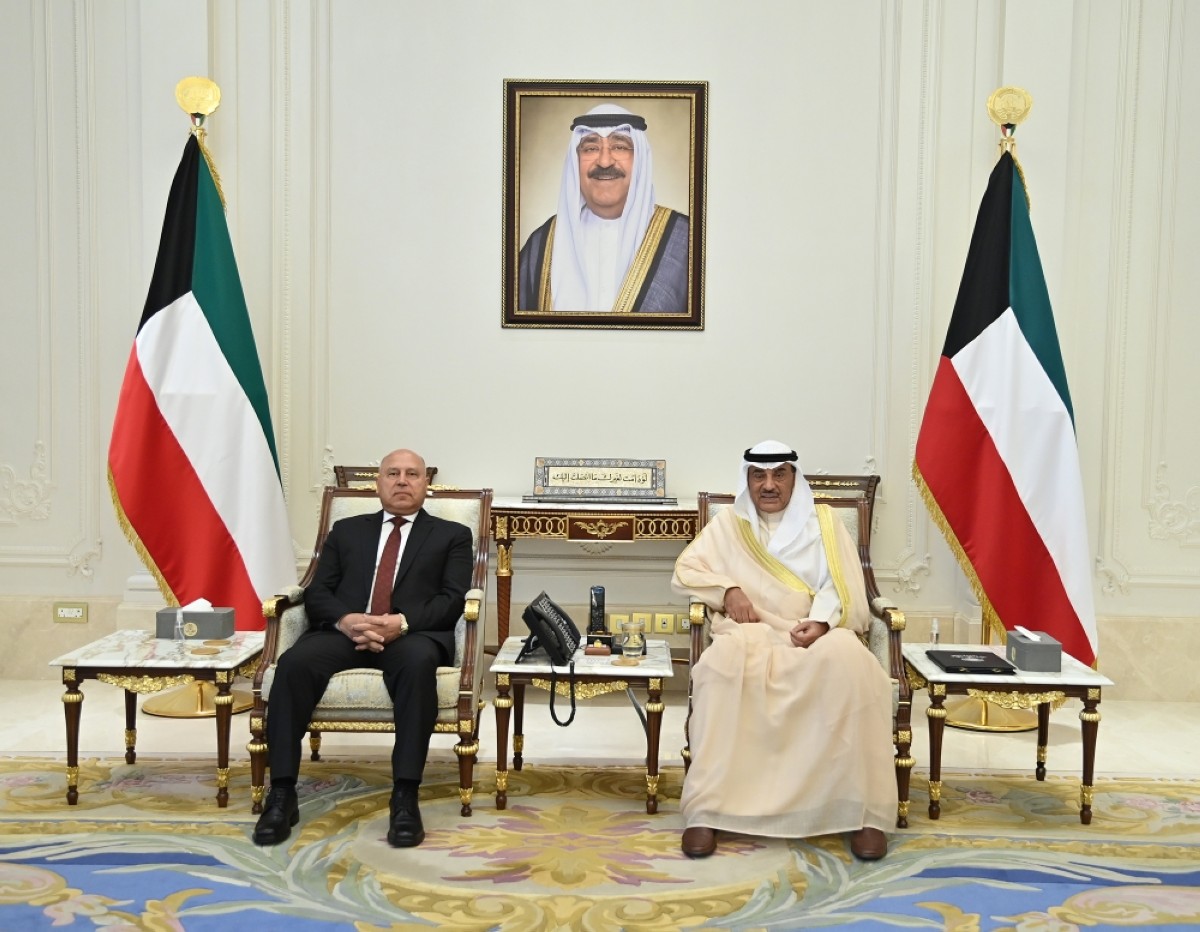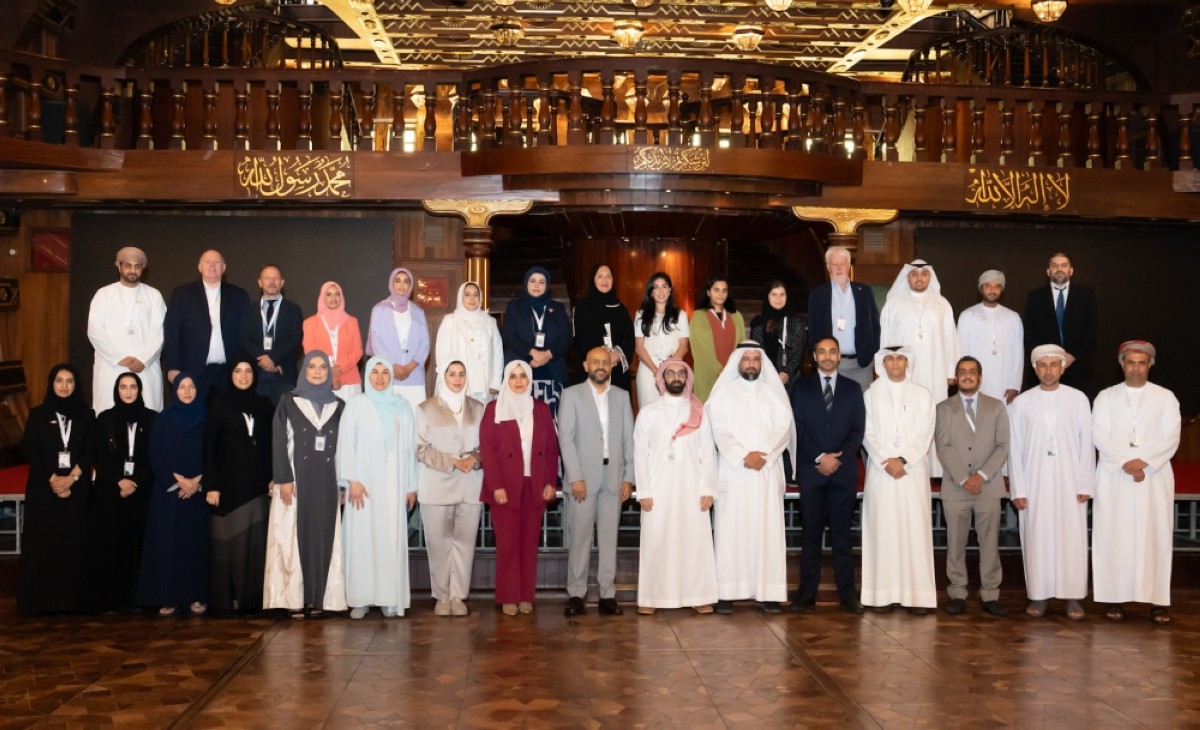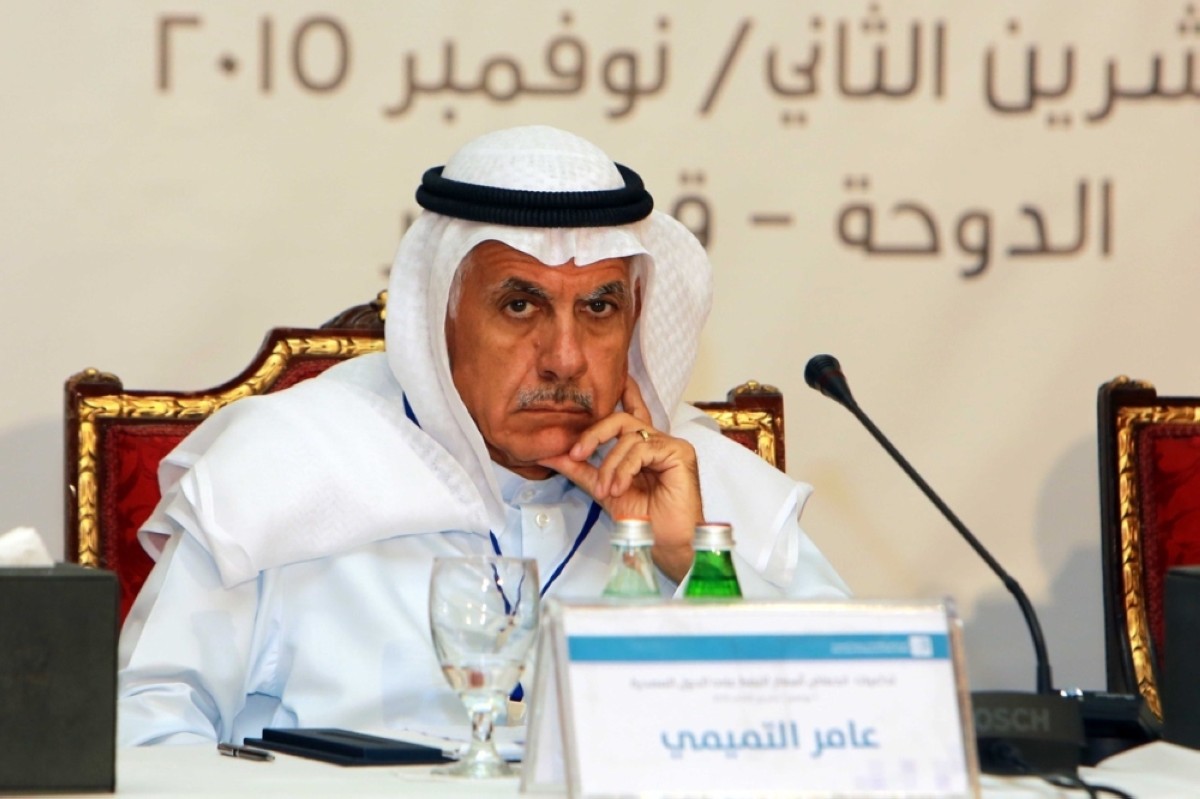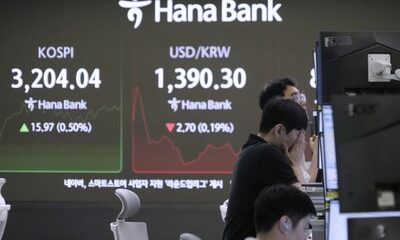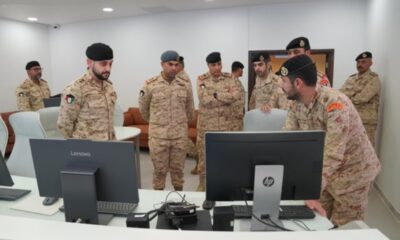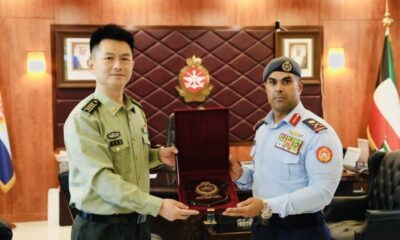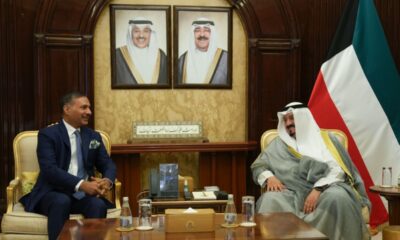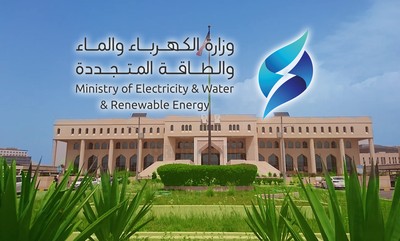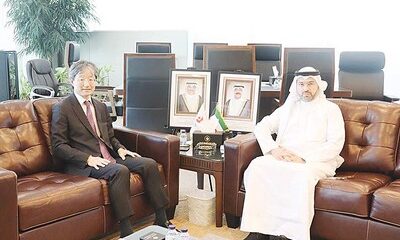KUWAIT: Kuwait celebrates Monday the first anniversary of His Highness Sheikh Sabah Al-Khaled Al-Hamad Al-Sabah’s appointment as Crown Prince, continuing the nation’s developmental journey and strengthening its regional and global standing.
His Highness was born in 1953 and earned a degree in Political Science in 1977. He joined the Ministry of Foreign Affairs in 1978 and later served as Kuwait’s Ambassador to Saudi Arabia and the country’s representative to the Organization of Islamic Cooperation from 1995 to 1998. In 1998, he was appointed Head of the National Security Bureau with ministerial rank. Over the years, he held several key ministerial roles, including Minister of Social Affairs (2006–2007), Minister of Information (2008–2009), and Minister of Foreign Affairs starting in 2011. In 2012, he was named Deputy Prime Minister and Foreign Minister, a position he held through 2017. On November 19, 2019, he was appointed Prime Minister and went on to form four successive governments between 2019 and 2021.
His Highness’ journey as Crown Prince began with the issuance of an Amiri order on June 1, 2024, in which His Highness the Amir of Kuwait Sheikh Meshal Al-Ahmad Al-Jaber Al-Sabah nominated him as Crown Prince. The following day, June 2, an Amiri decree was issued appointing him to the role, receiving widespread public approval.
NEW YORK: Sheikh Sabah Al-Khaled Al-Hamad Al-Sabah leads Kuwait’s delegation to the 79th UN General Assembly in New York, where he also represented His Highness the Amir at the Summit of the Future.
DOHA: Sheikh Sabah Al-Khaled delivers a speech at the third Asian Cooperation Dialogue Summit.
RIYADH: Sheikh Sabah Al-Khaled meets with Saudi Crown Prince and Prime Minister Mohammed bin Salman.
In a speech on the occasion, Sheikh Sabah Al-Khaled pledged to His Highness the Amir: “I vow with resolve and determination to remain true to my oath, loyal to my duty, your steadfast supporter and sincere advisor, devoted to serving my country, safeguarding its interests, ensuring its security and stability, upholding its values, authenticity, and unity, striving for its advancement, and committed to the principles of our Islamic faith and our national values.”
On the same day, the Cabinet held a special session chaired by His Highness the PM Sheikh Ahmad Abdullah Al-Ahmad Al-Sabah, during which council ministers pledged allegiance to His Highness Sheikh Sabah Al-Khaled as Crown Prince. His Highness then took the constitutional oath before the Cabinet.
Throughout the past year, His Highness closely followed up on development plans, attended national events, inaugurated new facilities, welcomed Arab and international officials, honored distinguished national figures, and conducted regional and international tours.
KUWAIT: Sheikh Sabah Al-Khaled Al-Hamad Al-Sabah takes his constitutional oath before His Highness the Amir of Kuwait Sheikh Meshal Al-Ahmad Al-Jaber Al-Sabah.
The Crown Prince attends a special cabinet session, during which council ministers pledged allegiance to His Highness Sheikh Sabah Al-Khaled.
DOHA: Sheikh Sabah Al-Khaled meets Deputy Amir of Qatar Sheikh Abdullah bin Hamad Al Thani.
Key highlights of the year:
June 11, 2024: Visited Saudi Arabia and held talks with Crown Prince and Prime Minister Mohammed bin Salman on bilateral relations and regional developments.
September 19, 2024: Led Kuwait’s delegation to the 79th UN General Assembly in New York, where he also represented the Amir at the Summit of the Future.
October 2, 2024: Headed Kuwait’s delegation to the third Asian Cooperation Dialogue Summit in Doha, highlighting the role of sports diplomacy and calling for collective action on major regional challenges including Palestine and Lebanon.
November 4, 2024: Represented the Amir at the high-level conference “Strengthening International Cooperation in Counter-Terrorism and Building Agile Border Security Mechanisms – The Kuwait Phase of the Dushanbe Process.”
November 11–12, 2024: Led Kuwait’s delegation at the extraordinary Arab-Islamic Summit in Riyadh and then traveled to Azerbaijan to head the delegation at the COP29 Global Climate Summit.
March 4, 2025: Headed Kuwait’s delegation to the extraordinary Arab Summit in Cairo.
May 25, 2025: Chaired Kuwait’s delegation at the 2nd ASEAN-GCC Summit and the ASEAN-GCC-China Summit in Kuala Lumpur.
May 28–31, 2025: Visited Japan, where he held high-level meetings culminating in an agreement to elevate bilateral relations to a strategic partnership and signed several agreements. He also visited Expo 2025 in Osaka, exploring the pavilions of Kuwait, Japan and the GCC.
Arab and international relations
His Highness’ career has seen pivotal moments in shaping Kuwait’s diplomacy over the past two decades and addressing major national and international challenges. He has consistently supported GCC unity and cooperation across all sectors.
In Arab forums, His Highness emphasized Kuwait’s commitment to Arab integration and solidarity, particularly supporting the Palestinian cause and advocating for international resolutions regarding it.
He has maintained Kuwait’s firm foreign policy based on mutual respect, non-interference, international legitimacy, and peaceful conflict resolution in accordance with the UN Charter. — KUNA








